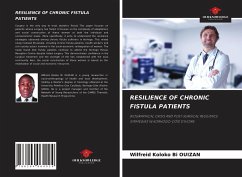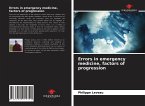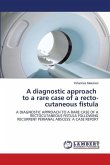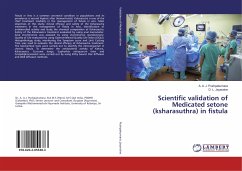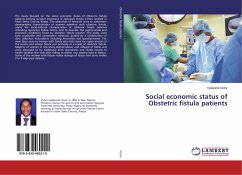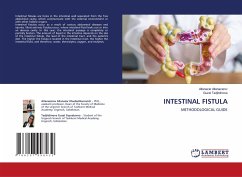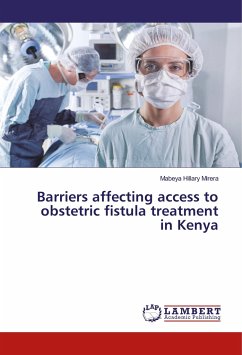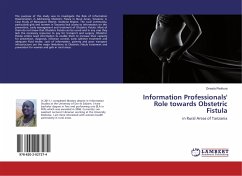Surgery is the only way to treat obstetric fistula. This paper focuses on patients whose surgery has failed. It focuses on the complexity of adaptations and social construction of these women at both the individual and socioeconomic levels. More specifically, it aims to understand the resilience strategies observed among chronic fistula sufferers in Korhogo. This mixed study involved 56 people, including chronic fistula patients, health workers and civil society actors involved in the socio-economic reintegration of women. The study found that fistula patients continue to attend the Korhogo Fistula Reception Centre despite failed surgery. This demonstrates confidence in the surgical treatment and the strength of the ties established with the local community. Also, the social construction of these women is based on the mobilization of social and economic resources.
Bitte wählen Sie Ihr Anliegen aus.
Rechnungen
Retourenschein anfordern
Bestellstatus
Storno

